Web 3.0 is the third generation of the internet, a development stage of the internet that aims to offer services that enable decentralised decision-making and commerce.
In autumn 2022, Sitra and Dottir Attorneys Ltd collected views drawn from interviews and stakeholder meetings on the state of Web 3.0 in Finland as well as on legislative measures aimed at advancing development. This report is based on the results of the interviews and a legislative comparison between Finland, the EU and peer countries carried out by Dottir. Sitra’s cooperation with stakeholders played an important contextual role in preparing the report.
The 6+1 recommendations created on the basis of the report results provide answers to the question of where changes should be made to current legislation while considering the changing EU regulation. The recommendations also highlight how Finland could be a pioneer in the field of Web 3.0.
Sitra’s recommendations:
- National virtual currency regulation must be clarified. The report found that the definition of a virtual currency specified in law is imprecise, which reduces the legal certainty and predictability of interpretations. In addition, the legal status of crypto assets is unclear, which raises concerns about inconsistent interpretations between different authorities. We recommend proactively bringing national virtual currency regulation in line with the Markets in Crypto-Assets (MiCA) Regulation under preparation in the EU and clarifying the legal status of crypto securities by adding crypto-assets to the definition of a security in the Securities Markets Act and the definition of a financial instrument in the Act on Investment Services.
- Decentralised autonomous organisations (DAOs) must be nationally regulated on the basis of the Co-operatives Act. The report supported the finding that it is currently not possible to register DAOs in Finland. We recommend that DAOs be regulated nationally by amending the necessary amendments to the Co-operatives Act, thereby enabling the voluntary registration of DAOs in Finland.
- The security of smart contracts must be ensured through guidelines. The report found that there are concerns about the safety and vulnerabilities of smart contracts. We recommend that the security of smart contracts is ensured by national guidelines to safeguard the quality and security of the smart contract code.
- Clear and predictable taxation of crypto assets must be ensured. In the interviews, operators stated that the taxation of crypto assets is complex. We recommend that the tax authorities ensure that the guidance on crypto-assets and their manifestations reach the companies and operators in the industry. It must also be possible to anticipate and reassess tax decisions even before the entry into force of the Markets in Crypto-Assets (MiCA) Regulation under preparation in the EU.
- Sufficient resources must be allocated to supervise and guide the industry’s operators. The ambiguities arising from the legislation increase the need for interpretation by the Financial Supervisory Authority and the challenge is one of adequate resourcing. We recommend ensuring that the Financial Supervisory Authority has sufficient resources to supervise companies and operators in the sector and that the operators receive appropriate advice.
- Low-threshold innovation must be encouraged in the regulatory sandbox. Small companies felt that the obligations in the startup phases were too burdensome. We recommend the creation of a regulatory sandbox – a testing environment for financial technology to strengthen co-operation between public authorities and companies to enable Web 3.0 experimentation and innovation activities in the early stages of the business lifecycle.
We also recommend that the development of Web 3.0 in Finland be promoted by taking it into account in the implementation of the national digital compass by increasing co-operation, skills and public support, and by accelerating tokenisation – the increasing use of digital assets.
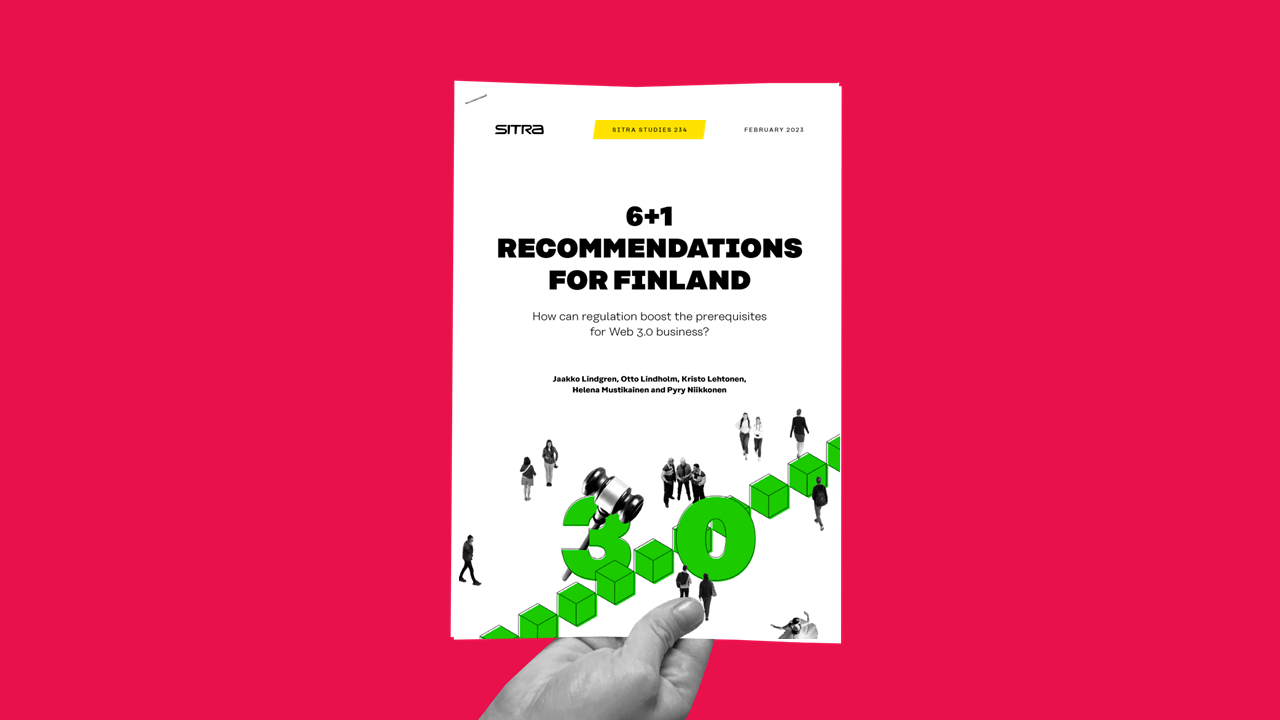




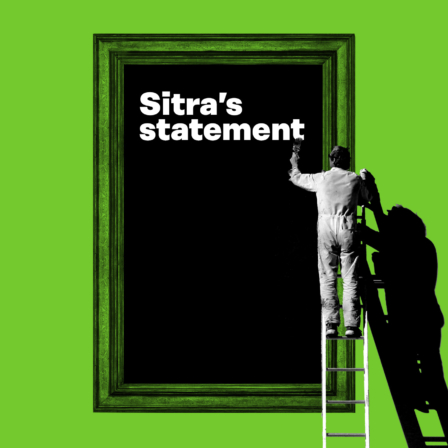







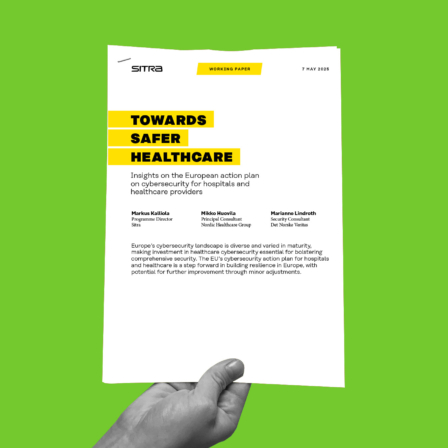

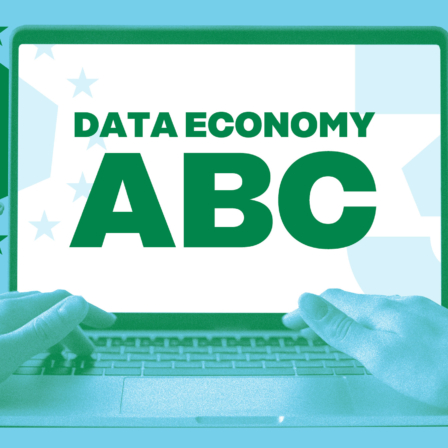

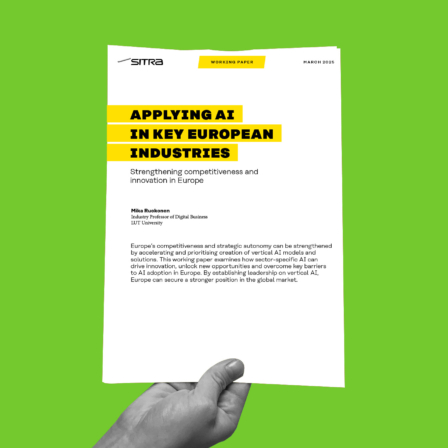
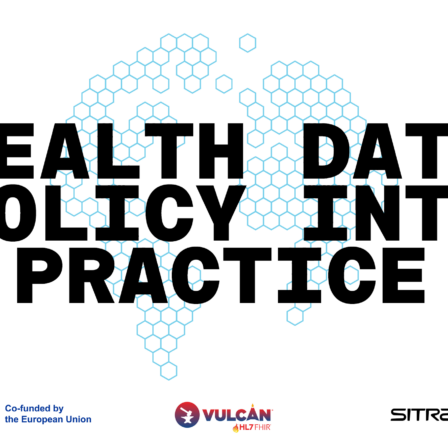

Recommended
Have some more.